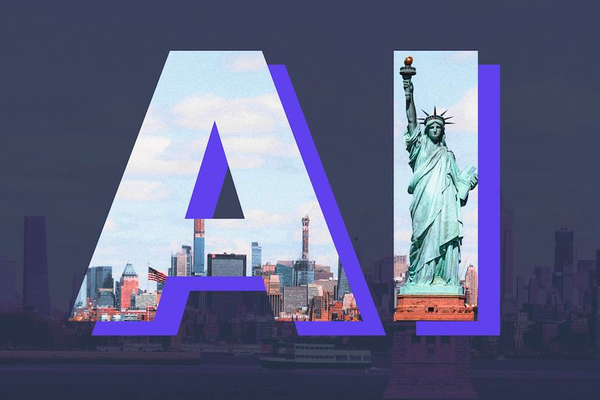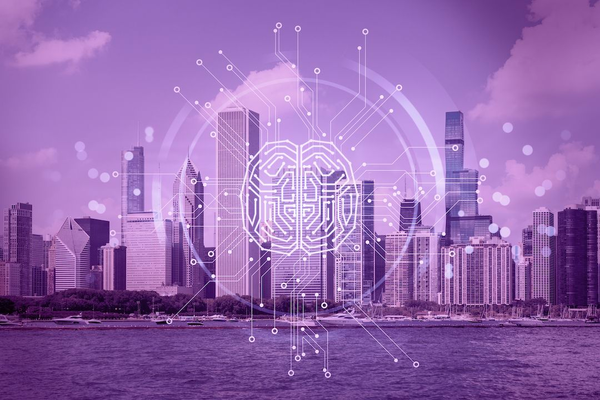July 2023

New York City Local Law 144 (NYC Bias Audit Law) now requires every employer or employment agency that uses automated employment decision tools (AEDTs) to obtain an independent bias audit of these systems. The audit must be repeated at least annually, and organizations must post a summary of the results on their official website or in a written policy or procedure for promotion candidates. The law imposes legal penalties on those who fail to comply, including significant fines, potential litigation, and human rights claims. AEDTs are defined as systems that rely on machine learning, statistical modeling, artificial intelligence, or data analytics. Non-compliance penalties range from $500 for the first default and each additional default on the same day to $500 to $1,500 for each subsequent default, with each day an AEDT without having been audited counting as a separate default. The law also allows for potential lawsuits and human rights actions. Holistic AI can help with Local Law 144 compliance and other AI legislation.

New York is leading the way in regulating HR Tech, with Local Law 144 requiring bias audits of automated employment decision tools (AEDTs) and two assembly bills proposed to increase transparency. Assembly Bill A07859 has similar notification requirements to Local Law 144 and requires employers to notify candidates if an AEDT will be used to evaluate them and provide information about the tool. AB A07859 will come into effect on 1 January of the year following its approval. Holistic AI can help companies prepare for new laws and regulations.

The New York City Council has passed legislation mandating bias audits of automated employment decision tools (AEDTs) to address concerns about discriminatory outcomes. The legislation requires impartial evaluations of AEDTs by independent auditors, assessing for disparate impact against protected characteristics such as race and gender. Employers using AEDTs must inform candidates of the tool's use, provide a summary of bias audits, and disclose the characteristics and data used to make judgments. Penalties for noncompliance can reach $1500. This law applies to employers and employment agencies using AEDTs to evaluate candidates or employees who reside in New York City. It will be enforced from 5 July 2023.
June 2023

Governments worldwide are implementing laws to regulate the use of AI and other automated systems in the HR Tech sector. In the US, new laws are being proposed and implemented at the federal, state, and local levels to address bias and discrimination and increase transparency in employment decisions. Existing laws also apply to these technologies, adding additional requirements for HR Tech companies to comply with. The regulatory landscape is rapidly evolving, making it crucial for companies to stay up-to-date with the latest laws to avoid legal issues.

California has proposed legislation to limit workplace monitoring and address the use of automated-decision systems to make AI safer and fairer. The latest initiative, AB-331, seeks to regulate tools that contribute to algorithmic discrimination by prohibiting the use of automated decision tools that disfavor individuals based on their protected classification. Deployers must annually perform an impact assessment of ADT tools used to make consequential decisions and notify individuals affected by the decision of the use of ADT. Non-compliance may result in an administrative fine of up to $10,000 per violation or civil action. Exemptions apply to developers with fewer than 25 employees or if the ADT tool impacts fewer than 1,000 individuals per year.